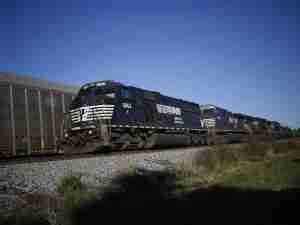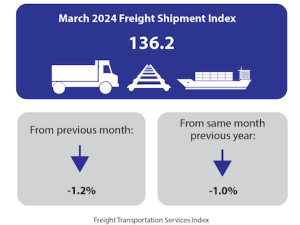The CWB, which is Western Canada's monopoly marketer of wheat and barley until Aug. 1, roughly splits its grain-shipping business between Canadian Pacific and its larger competitor, Canadian National Railway Co.
The CWB will now try to divert as much grain as possible to CN during the CP Rail strike, said Ward Weisensel, the Wheat Board's chief operating officer. But it expects to incur penalties for failing to deliver grain on time to vessels waiting in ports.
Canadian Labor Minister Lisa Raitt said that the government would introduce back-to-work legislation as early as Monday if the strike continues.
"It's going to put half your whole program basically a week behind, perhaps more, depending on how quickly the railway can begin to catch up on the backlog that will be there," Weisensel said in an interview with Reuters.
"We're one of many shippers facing the same issues here. We need to resolve the issue immediately and get the railway back and moving again."
The strike by 4,800 engineers, conductors and traffic controllers at CP Rail started early on Wednesday, shutting down all CP freight traffic.
Canadian shippers are highly dependent on the country's two dominant railways to move grain because there is no river freight system in Western Canada, as there is in the United States.
Canada is the biggest exporter of spring wheat, durum, canola and oats, as well as a top producer of the crop nutrient potash, all of which move to export position mainly by rail.
The Wheat Board's total for delayed sales does not include sales that are handled by CWB-accredited exporters, such as Cargill Ltd, Viterra Inc, Richardson International, Toepfer International and Louis Dreyfus Corp , who will also be affected.
The strike affects grain cargoes both east and west - to Port Metro Vancouver, British Columbia, and Port of Thunder Bay, Ontario, said Wade Sobkowich, executive director of the Western Grain Elevators Association.
"We need the federal government to use any means at its disposal to ensure this labor destruction ends."
Grain companies face penalties for extending contracts, keeping ships waiting, or even canceled sales, he added.
Companies that process the crops, crushing canola into vegetable oil or milling wheat, will also be hurt because they rely on rail for supplies, Sobkowich said.
The CWB will give up its grain monopoly at the end of the current crop marketing year and compete in an open market. (Reuters)







